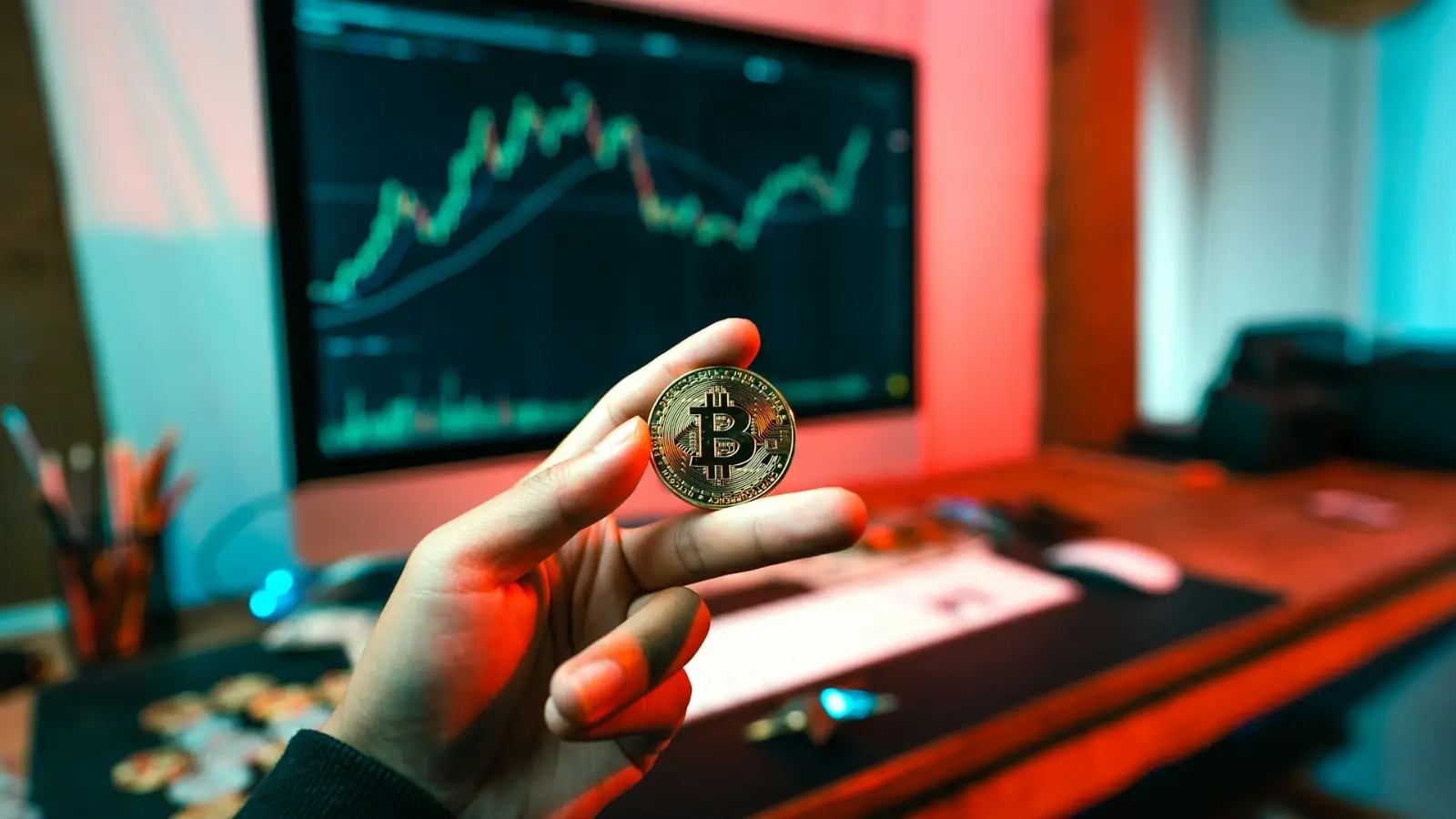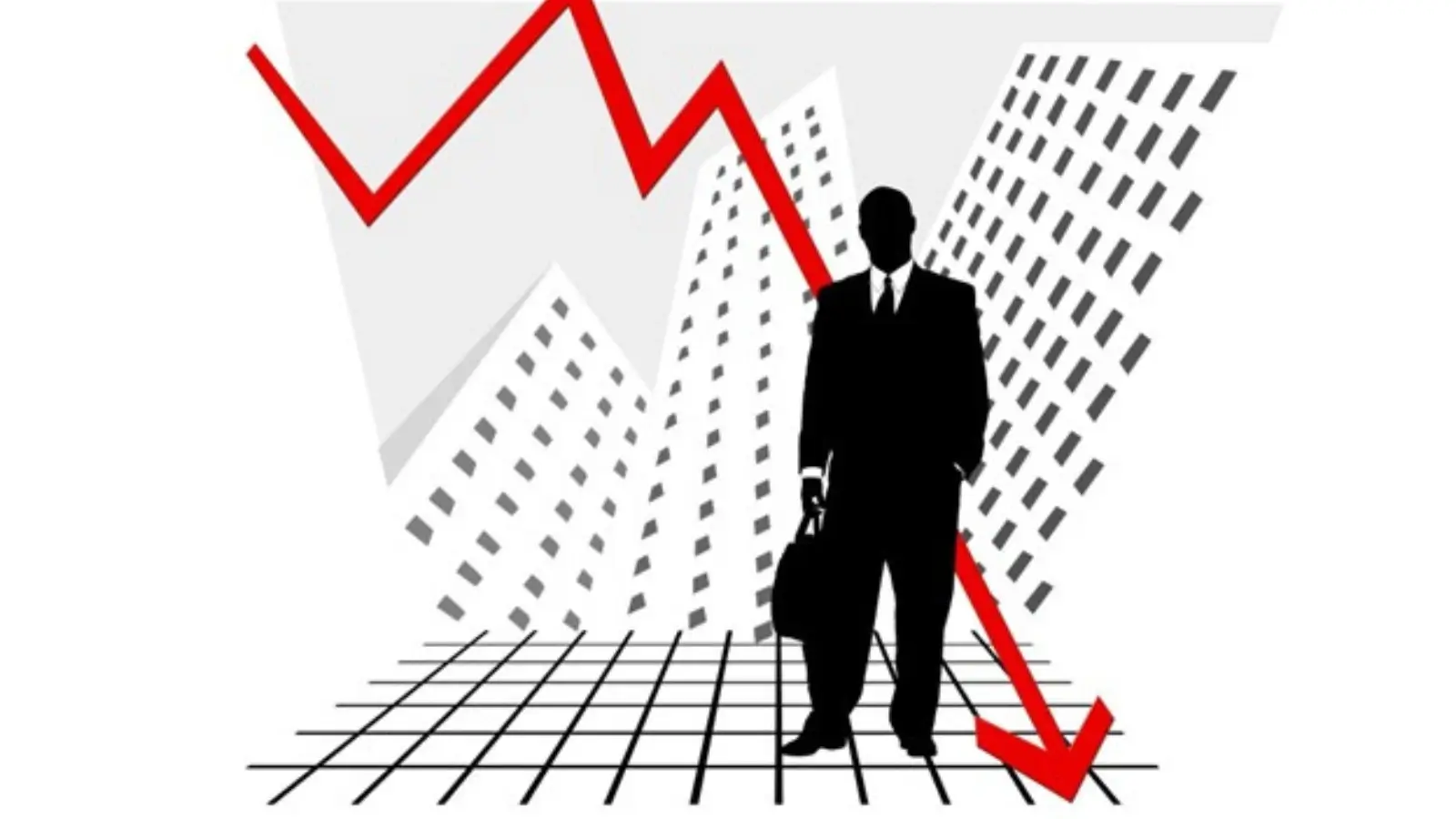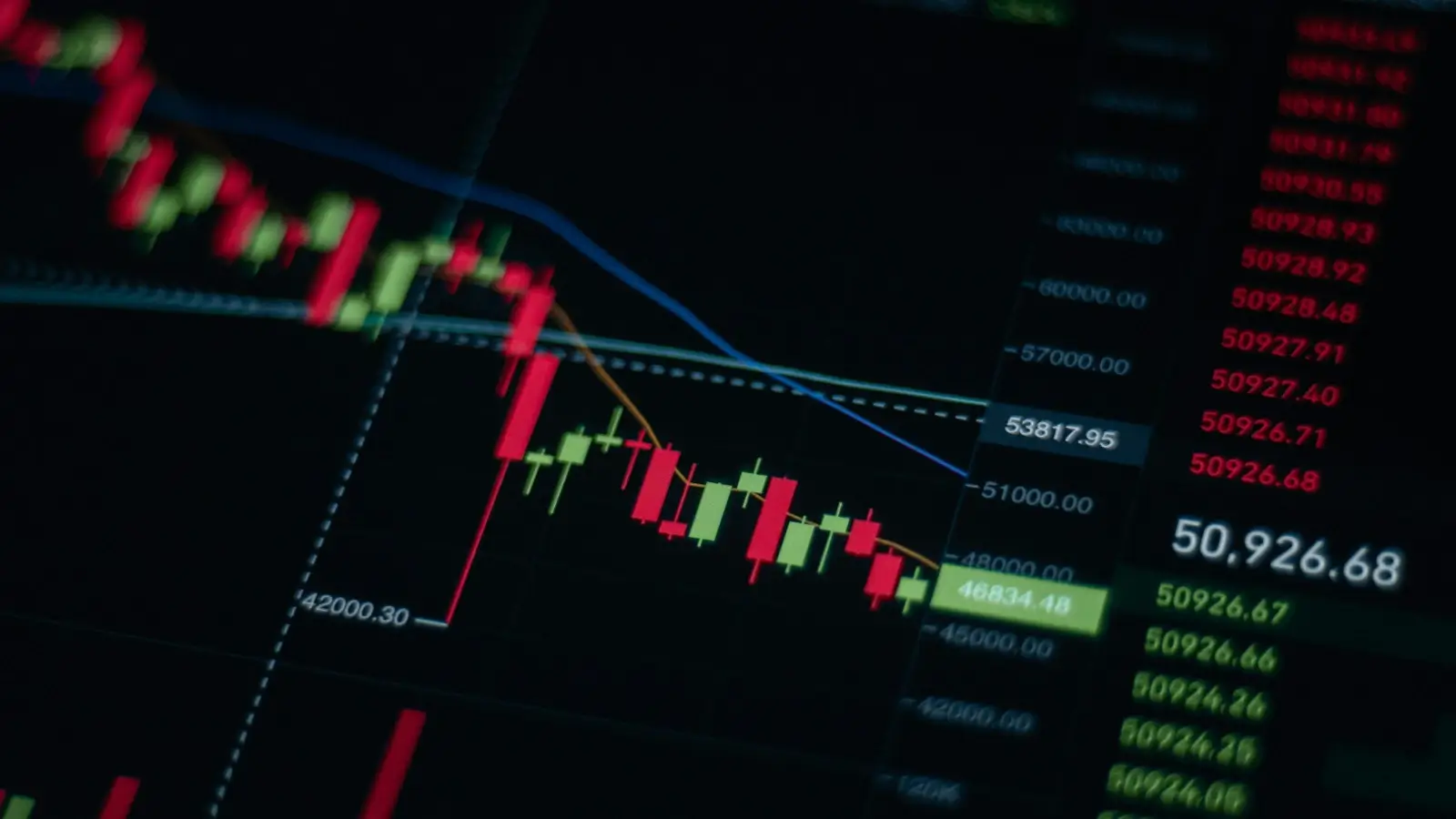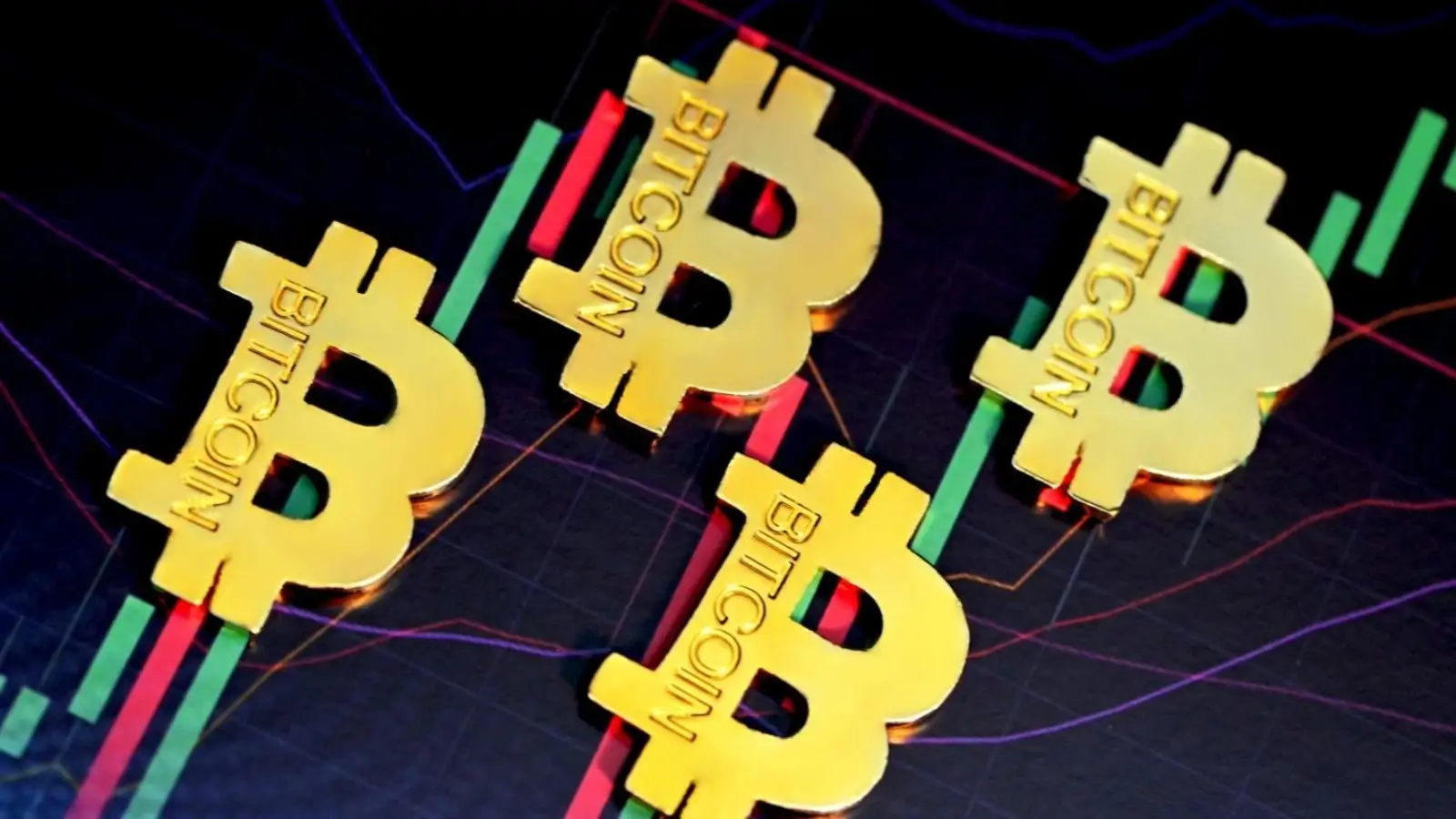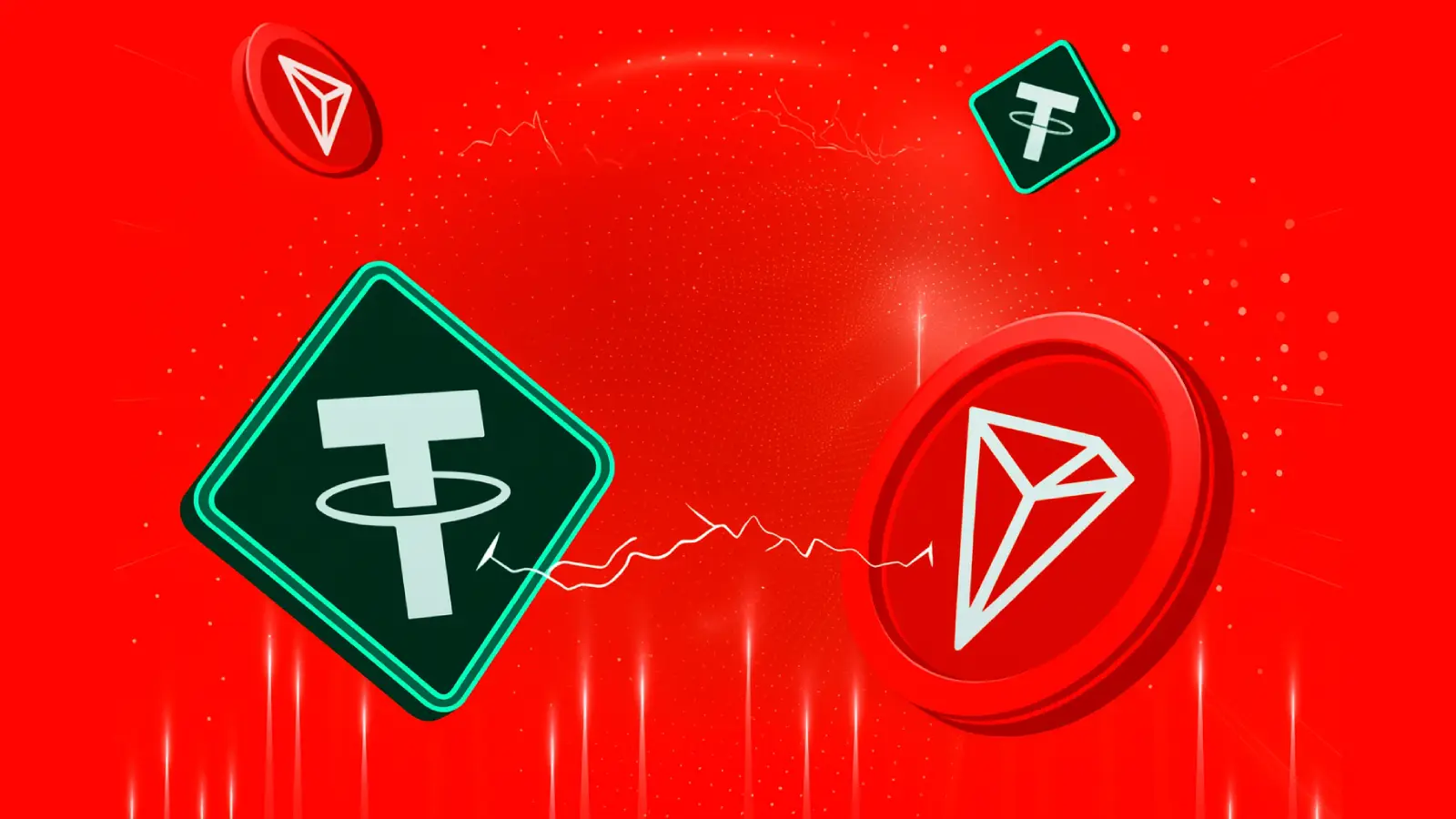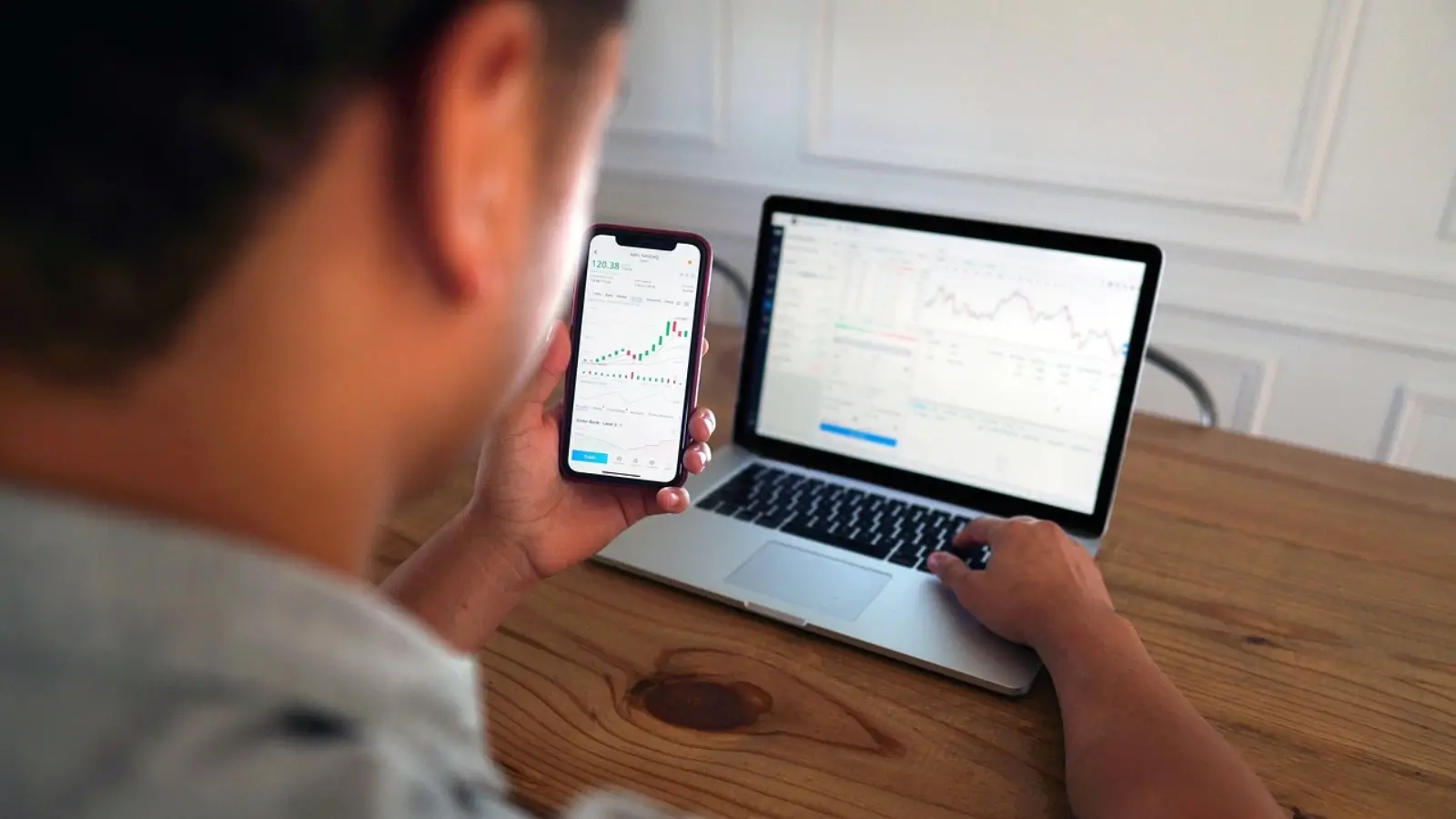Cryptocurrency trading has gained significant popularity over recent years, and with this rise comes an increased need for robust, secure infrastructure. Traders rely on platforms that ensure safety, stability, and trust. A secure trading environment is essential to prevent cyber-attacks, protect user data, and maintain the integrity of transactions. Beeks Crypto Connect is an excellent example of a platform that prioritizes security, offering a comprehensive solution to safeguard its users. In this post, we’ll explore why secure infrastructure is a cornerstone of cryptocurrency trading success.
The Growing Threat of Cyberattacks
Cryptocurrency platforms are prime targets for cybercriminals due to the large sums of money being transacted. A successful attack can have devastating effects on the platform, its users, and the broader cryptocurrency ecosystem. Hackers may attempt to steal funds, manipulate market data, or compromise user information. As such, preventing these attacks is critical for any platform’s survival. Secure infrastructure, including firewalls, encryption, and multi-factor authentication (MFA), is essential to thwart these malicious efforts and maintain platform integrity.
Protecting User Data
Data protection is not just about protecting funds; it’s about safeguarding users’ personal information. Cryptocurrency traders often need to provide sensitive details such as identification, banking information, and trading activity. If compromised, these data breaches can lead to identity theft, financial losses, or even reputational damage for the platform itself. Platforms must prioritize strong data encryption and secure storage practices to prevent unauthorized access. Furthermore, compliance with data protection regulations, such as the GDPR, is vital to avoid legal repercussions.
Maintaining Platform Integrity
A key part of building trust with traders is ensuring the integrity of the trading platform itself. If a platform is vulnerable to attacks, it can lead to erratic trading conditions, lost funds, or even complete shutdowns. By investing in secure infrastructure, trading platforms can ensure that they remain reliable, consistent, and trustworthy for their users. Consistent security measures, such as regular system audits and penetration testing, help identify potential weaknesses and fix them before they can be exploited.
The Role of Encryption
One of the most effective ways to protect data and transactions on a cryptocurrency trading platform is through encryption. Using end-to-end encryption ensures that even if data is intercepted, it remains unreadable without the decryption key. Encryption protects everything from login credentials to the details of transactions. Without it, sensitive information is left exposed to hackers and cybercriminals. Trading platforms should implement robust encryption practices, making it harder for attackers to gain access to valuable data.
The Importance of Multi-Factor Authentication
Multi-factor authentication (MFA) adds an extra layer of security to the login process. It requires users to verify their identity using more than one method, such as a password and a one-time pin (OTP) sent to their mobile device. MFA significantly reduces the risk of unauthorized access, as it’s much harder for hackers to gain access to an account without the second authentication factor. Many platforms implement MFA to ensure that only authorized users can access their trading accounts.
Seamless Trading Experience
While security is paramount, it shouldn’t come at the cost of the user experience. Traders expect seamless, fast, and uninterrupted access to markets. Platforms that integrate secure systems without sacrificing performance are crucial for maintaining user satisfaction. Traders are more likely to engage on platforms where security and ease of use coexist.
Risk Management and Compliance
Proper risk management is integral to the success of any trading platform. A well-secured infrastructure enables platforms to effectively manage risks by preventing breaches, minimizing vulnerabilities, and ensuring that all activities are properly monitored. Compliance with local and international financial regulations is also vital. Trading platforms need to operate within a secure framework to ensure they meet regulatory requirements and avoid penalties. By working with trusted service providers, platforms can mitigate risks and ensure compliance with the ever-evolving cryptocurrency regulations.
Trust and Reputation
In the cryptocurrency world, trust is a currency in itself. Traders are unlikely to engage with platforms that do not prioritize security. A breach or a compromise of user data can severely damage a platform’s reputation and lead to a loss of business. As such, securing a platform with strong infrastructure is not just about protecting users—it’s about maintaining the long-term viability of the business.
Final Thoughts
Investing in secure infrastructure is essential for any cryptocurrency trading platform. It protects users, ensures smooth operations, and helps maintain the platform’s credibility. The constant threat of cyber-attacks, the need for effective data protection, and the importance of regulatory compliance all make secure systems a necessity for success in the cryptocurrency market. When security is handled correctly, traders can focus on what matters most—making informed and profitable trades.











